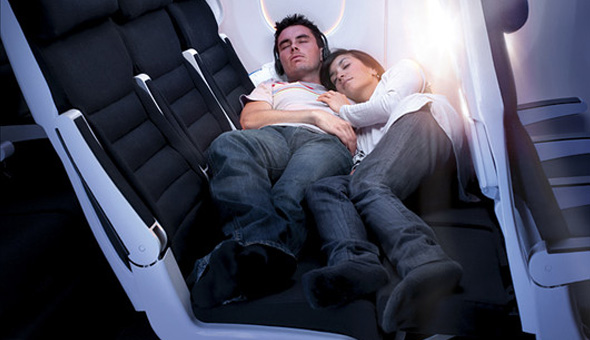Cruise Suspends Robotaxi Operations, What They Must Do To Fix It
Submitted by brad on Mon, 2023-10-30 11:57
Cruise has lost trust. They need to be much more open to ever get it back. Here's things they could do to win trust.
Read more at Forbes.com in Cruise Suspends Robotaxi Operations, What They Must Do To Fix It








 People with some level of identity (an address, a job) have ways to be accountable. If the damage rises to the level where refusing to fix it is a crime at some level, fear of the justice system might work, but it's unlikely the police are going to knock on somebody's door for throwing up in a car.
People with some level of identity (an address, a job) have ways to be accountable. If the damage rises to the level where refusing to fix it is a crime at some level, fear of the justice system might work, but it's unlikely the police are going to knock on somebody's door for throwing up in a car.